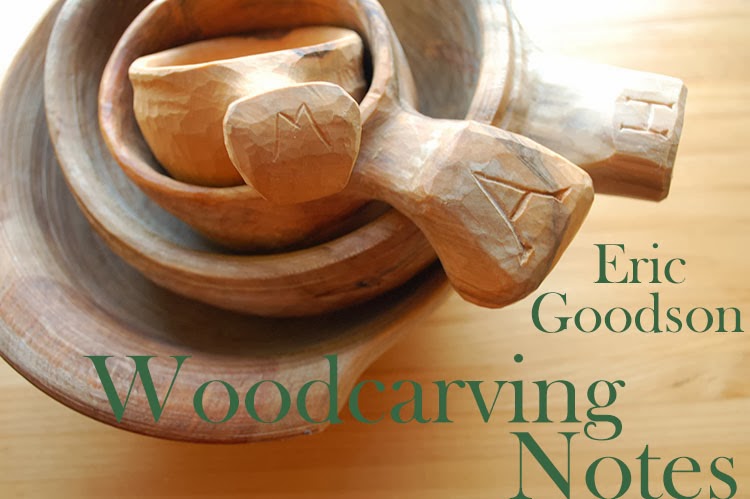Yet his comment about spending "less time decorating" might also echo another concern among craftspeople; that "craft" connotes things cheaply decorated without thought or aesthetic taste--think macaroni art that kids make at summer camp in their "Arts and Crafts" class. Or, at its most depraved, this:
On the other end, the art end, of that axis might be something where art is full of thought but lacks skill or craft, which was one of Duchamp's points when he submitted this "Fountain" to the Society of Independent Artists.
Here, thought reigns supreme and the artist and skill have been taken out of the equation. Obviously, much is lost without the artist's skillful hand.
Anyway, the first participant's "less time decorating" pejorative touched off comments from others on the site, one of which wrote the following: The reason for decorating is to make your piece more pleasing to the eye and to show a little bit of artistry in your work. Could the time be better spent making another spoon? Perhaps, but artistry is the difference between being a craftsman and a mere producer. My ears perked up at the word "producer," a common term used to describe the new role that craftspeople took when, unable to compete with mass-produced copies, they lost their craft business and were forced to become workers on an assembly line, many times "producing" the very thing they used to craft. "Producer" it seems to me reflects the loss of skill during the Industrial Revolution. It would seem here that a "mere producer" is one who makes innumerable objects without thought or an aesthetic sense. Again, we are back to BeDazzling, in a way. Yet this also points at another contour of the craft/ art debate. Craft relies on making many objects, where as art relies on making fewer. Photography and printmaking certainly play with this idea, but those artists usually reproduce only limited series, carefully signing and numbering them to maintain their "artiness" (though craftspeople often add makers marks and dates to their work...)
It would seem the trick of craft is not to make so many of something that the thought goes out of it, but to make enough to develop skill.
Another dichotomy in the craft/art debate certainly involves form and function. While art is made for contemplation, craft is made to be used. That is definitely the case with Robin Wood and his beautifully turned bowls. He wants them to be used, and yet he has gained such fame that many people are probably collecting his pieces. If a craft object is put on the wall and stops being used, does it become art? If art is useful, does it become craft?
Are my spoons now art?
Are they now craft?
Because craft is about usefulness, craftspeople work hard to develop forms that are functional and effective. Those forms are developed and refined over long periods of time, generations even, and are passed down from one craftsperson to another. Thus craft tends to be more traditional, where as art aspires to innovate. Art looks for new ways of thinking about the world, and tries to break free of traditions.
As far as the maker movement goes, I am not quite sure what it entails. It does seem to focus on the DYI ethic and on ways that the internet can bring information and establish new communities. I have certainly learned a lot from the internet.






Great Post, glad to have discovered your blog!
ReplyDelete